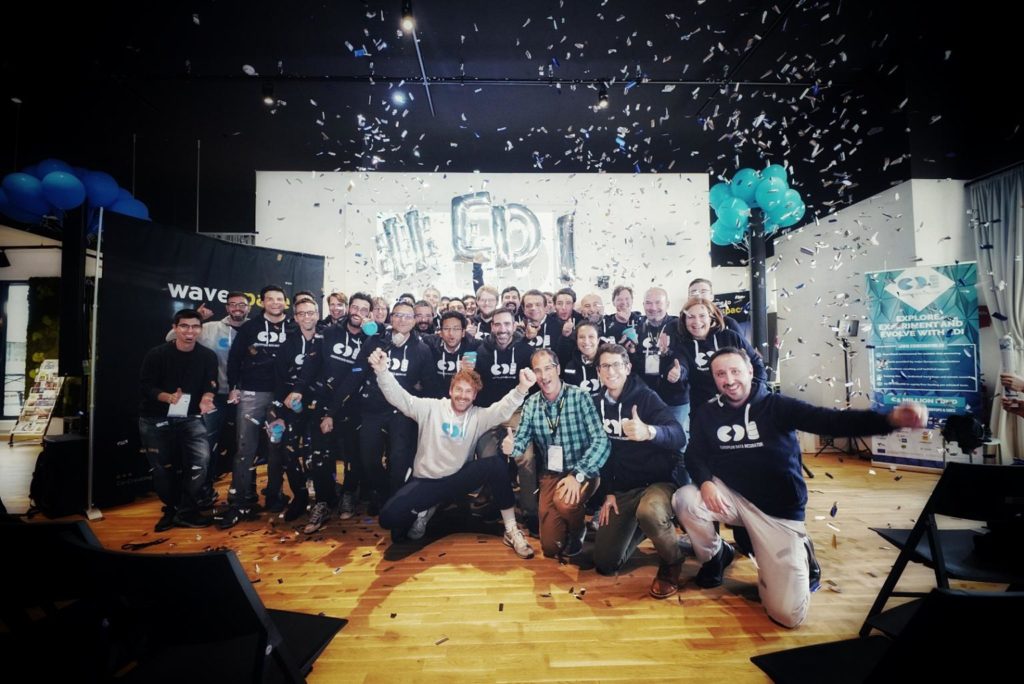Bettair® has successfully progressed through to the next round – the EXPERIMENT phase of the European Data Incubator (EDI), an 8-month incubation programme run by 20 partners across Europe. That offers the brightest Big Data startups the chance to solve data challenges set by major European corporates like international weather service UBIMET.
Each year of the EDI incubation process is divided into three progressive phases, in which only the best startups pass to the next level: ‘Explore’, ‘Experiment’ and ‘Evolve’.
Bettair® is taking part in EDI to solve the challenge of Forecasting Air Quality using data from UBIMET in a Half and Half challenge. Our approach is to forecast air pollution employing accurate weather forecast along with historical air quality data provided by our bettair® static nodes or traditional monitoring stations. The novelty of the new feature of our platform lies in building a simple and effective statistical solution based on a stacked combination of machine learning techniques. Initial results inferring historical pollution and historical weather data have shown outstanding correlations for up to 7 days forecasting.
On 9-10 October 2019, Bettair® landed in Berlin to present the solution for the ‘Explore’ phase and meeting face to face with the data providers. Pitching to compete against 40 other startups, Bettair® managed to impress the jury and successfully pass through to the next phase!
Bettair® has now passed to the ‘Experiment’ phase, the longest in the EDI incubation programme, where the startups receive coaching, big data training and the chance to secure up to €80k in funding. With the objective of developing an MVP to introduce to market, this phase will focus on accessing the datasets, technical evaluations and then a final pitch for a spot in the final ‘Evolve’ phase.
Follow our journey through EDI!
To read more about our participation in EDI, please visit the website: www.edincubator.eu


This project has received funding from the European Union’s Horizon 2020 research and innovation programme under grant agreement No 779790.
